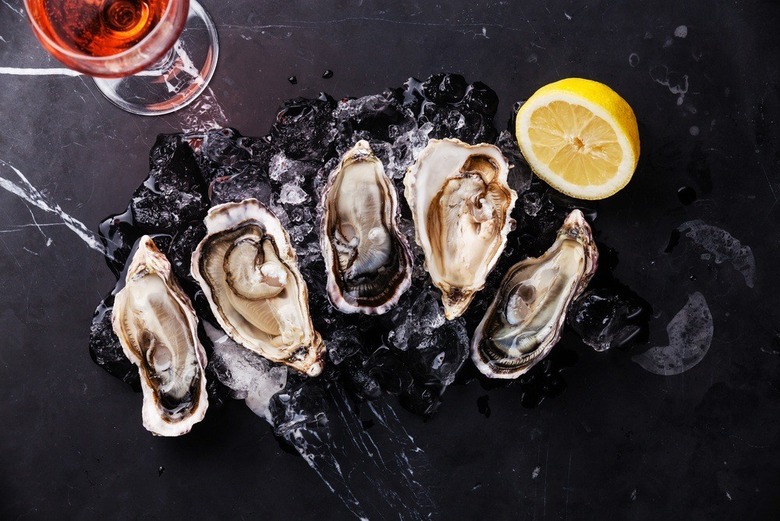Tiny Microbeads From Skin Care Products Are Destroying The Oyster Population
Microbeads — the tiny plastic spheres that retailers have promised will help exfoliate your skin and leave your teeth squeaky clean — are putting the lucrative and ecologically important oyster population in serious danger.
In particular, the beads are dangerous because oysters and other bottom feeders often mistake the beads as phytoplankton, a source of prey, according to a recent report on oyster reproduction from the National Academy of Sciences. The beads, which are made of plastic, do not dissolve.
"Oysters were exposed to polystyrene microparticles, which were shown to interfere with energy uptake and allocation, reproduction, and offspring performance," the study found.
When researchers compared oyster reproduction in uncontaminated water versus a tank of microbead-contaminated water, oysters in the latter tank produced 41 percent fewer larvae than the control group, and grew at a slower rate even after they matured. Larvae from the contaminated tank were also 18 percent smaller than the larvae from the uncontaminated water.
It's worth noting that microbeads were banned from the manufacture of personal hygiene products by President Obama at the end of 2015 — though one study from the journal of Environmental Science and Technology estimated that until the ban, "eight trillion microbeads per day [were] emitted into aquatic habitats in the United States." The ban will not go into full effect until July 2017.
The full scope of damage done to the global oyster population is unclear, but in the U.S., the pervasiveness of microbead pollution — coupled with rising carbon levels that have made the Pacific Ocean too acidic for the survival of billions of oysters — has threatened to cripple a $270 million shellfish industry in the Pacific Northwest.
